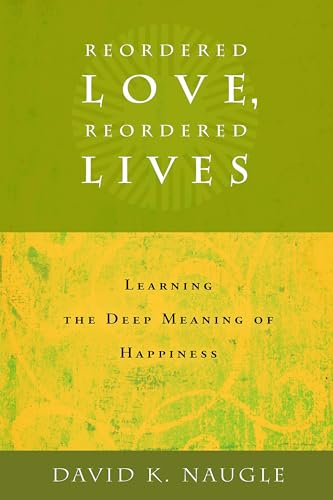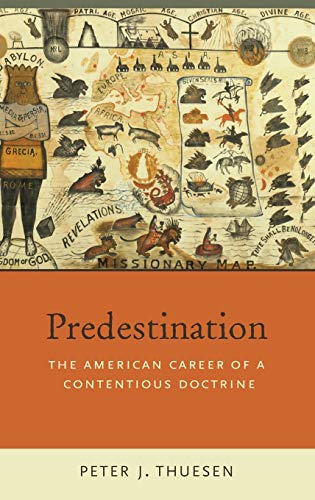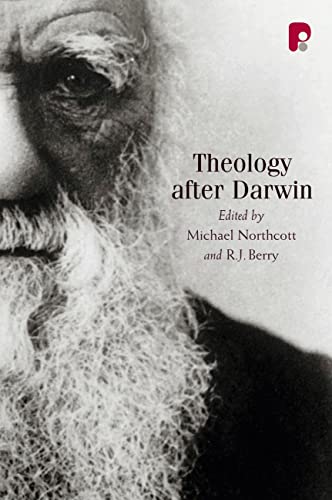I am thankful for this book, which is one of the more recent titles in the theologically robust and consistently excellent Re: Lit series. It is written by Dave Kraft, a respected and seasoned Christian leader, currently the leadership development pastor at Mars Hill Church in Seattle.
The introduction states the basic premise of Leaders Who Last: ‘you can learn how to be a good leader and finish your particular leadership race well’ (p. 19). As suggested by this line and the book’s title, Kraft’s burden is to help Christian leaders exercise effective and enduring ministries. In contrast to many other books on leadership, which are based on “surveys and studies,” Kraft aims to draw from his own leadership experience in order to produce a “personal and extremely practical account of essential leadership principles.” I think he accomplishes what he sets out to do. The book is both personal and practical. Given that Kraft has been in ministry for forty years, he has a lot of credibility.
The book is divided into three parts. Part 1 deals with the foundations of a leader, with individual chapters devoted to the leader’s power, purpose, passion, priorities, and pacing. Part 2 deals with the formation of a leader. Consecutive chapters address the leader’s calling, gifts, character, and growth. Finally, part 3 concerns the fruitfulness of a leader, with chapters that address the leader’s vision, influence, and legacy.
The book has several strengths. First, it is written by a faithful and successful leader who has himself lasted in ministry. Kraft knows whereof he writes. It is a gift for the reader to have in hand the hard-won experience and wisdom of a godly man and leader. Second, unlike the rather mysterious cover of the book (which I have still not totally figured out—are those gravestones? But the ones missing aren’t 30% of the total, so how does it illustrate the claim made on the cover?), Kraft’s writing style is clear and accessible. Plenty of stories and illustrations are interspersed throughout, making the book easy to read. Finally, there are many solid insights and helpful bits of advice. For instance, the chapter on the priorities of a leader is helpful. While much of the advice is quite common sense stuff, Kraft’s contribution is to say it simply, memorably, and clearly and to relate how he has lived out what he says.
The book would be significantly improved if Kraft followed through more consistently and explicitly on his important call for leaders to be gospel-centered: “Leadership begins and ends with a clear understanding of the gospel and being rooted in the grace of Jesus Christ as a free gift” (p. 29). This is an intriguing claim. It raises a question: what does distinctively Christian, gospel-centered leadership look like? In what ways does it differ from secular leadership? Kraft engages these questions quite effectively in some chapters (e.g., his chapter on “The Leader’s Power”). But in other chapters the principles Kraft lays out, while not principles with which I would disagree (e.g., it is important to emphasize the need to prioritize and say “yes to less”), could just as easily have been written by a secular management consultant. I want to be fair to Kraft. Perhaps he didn’t set out to write a book about what distinctively gospel-centered leadership looks like. But given his call for leaders to be gospel-centered and the fact that this book is in the theological Re: Lit series, that’s the kind of book for which I was hoping. Kraft’s reliance on leadership writing and numerous secular examples of effective leadership diminishes his ability to highlight what is distinctive about Christian, gospel-centered leadership.
Perhaps one example will illustrate this point. I agree with everything Kraft says in chapter 3 on the importance of a leader’s passion. He claims that it is important to be passionate about what you do in life, that passion is contagious and is a crucial component for leaders, and that passion “is a God thing, not a personality thing” (p. 53). Apart from the latter claim, non-Christians could readily agree with Kraft’s main points in this chapter. Kraft digs a little deeper on the latter claim by saying that passion is “something that the Spirit of God creates in our hearts as a result of our deep convictions about who he is and who we are in him” (p. 53). I would like to see Kraft unpack this significant claim and further explore its implications. But instead of pursuing the distinctively gospel-driven nature of a Christian leader’s passion, Kraft’s next illustration of a leader’s passion is a decidedly secular example (the passion of a young Communist party member for his cause). I’m left wondering how the gospel uniquely infuses Christian leaders with passion and how this gospel-driven passion differs from secular varieties of passion that have nothing to do with God. I would welcome a more substantial and biblically driven discussion of this question and also (particularly) of the topics raised in the chapters on priorities, pacing, the leader’s influence, and the leader’s legacy.
Despite this area for improvement, the book is solid and helpful, and we can be thankful to Dave Kraft for passing along much good counsel.
Stephen Witmer
Stephen Witmer is the pastor of Pepperell Christian Fellowship in Pepperell, Massachusetts, is an editorial board member of Themelios, and teaches New Testament at Gordon-Conwell Theological Seminary.
Other Articles in this Issue
Most of us, I suspect, develop fairly standard ways, one might even say repetitive ways, to appeal to the motivations of our hearers when we preach the gospel...
How to Write—and How Not to Write—A Review: An Appreciative Response to Reviews of Ancient Near Eastern Themes in Biblical Theology by Dempster and Edgar
by Jeffrey J. NiehausI want to thank Themelios for the unusual opportunity to interact with two reviewers of my book Ancient Near Eastern Themes in Biblical Theology...
Parallels, Real or Imagined? A Review Article of Jeffrey J. Niehaus, Ancient Near Eastern Themes in Biblical Theology
by William EdgarWhen I came to Westminster Theological Seminary in Philadelphia as a young student in the 1960s, two things struck me...
Why Evangelicals Should Ignore Brian McLaren: How the New Testament Requires Evangelicals to Render a Judgment on the Moral Status of Homosexuality
by Denny BurkIn 2006 on Christianity Today’s leadership blog, Pastor Brian McLaren urged evangelical leaders to find a “Pastoral Response” to their parishioners on the issue of homosexuality...
A Member of the Family or a Stranger? A Review Article of Jeffrey J. Niehaus, Ancient Near Eastern
by Stephen DempsterWe cannot overstate how important knowing the context is for understanding the significance of any communication, whether that is a simple word, sentence, paragraph, larger text, sign, photograph, or cultural cue...







